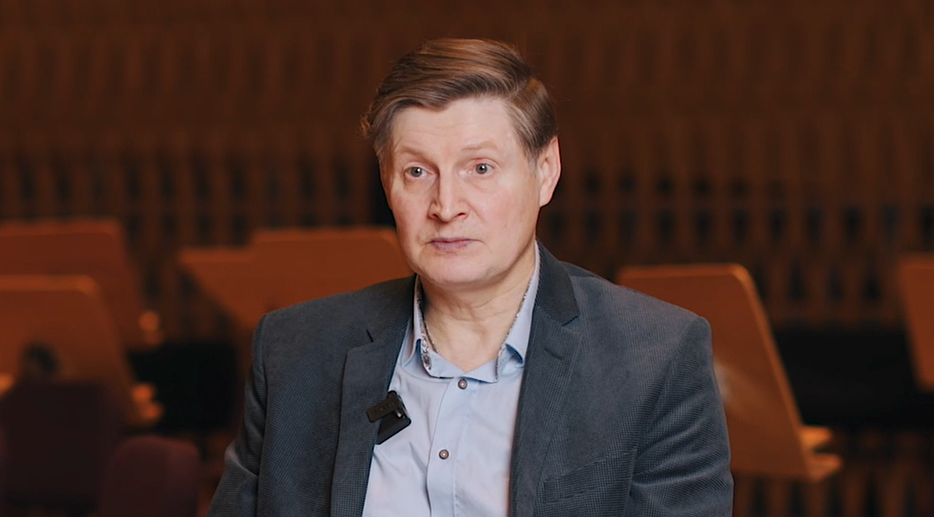This year, we celebrate the 50th anniversary of Ping-Pong Diplomacy, the historic thaw in Sino-American relations. While the remarkable series of events was precipitated by a chance encounter at the 1971 World Table Tennis Championships, historians agree that a key factor driving both superpowers to embrace the opportunity for détente was a shared nervousness about the USSR. Around this time in Russia, a boy named Alexander Filippov was learning to play the selfsame game. "When I was a kid, the ping-pong game came to Russia," Filippov explained in English. "It's everywhere. Each school, they have their table tennis and some people play not bad. I tried it the first time and liked it very much." No one-trick pony, Filippov also excelled in music, growing into a touted tubaist. In 1999, the Shanghai Symphony Orchestra traveled to Moscow to scout for talent. "We played audition there, so they chose us a few people and we came here to Shanghai," recalls Filippov. While holding down the first chair for the prestigious symphony certainly keeps him busy, Filippov still finds time to stay sharp on the table. "We do the competition sometimes between the orchestras," he explains. "My students in the conservatory see it and say," as Filippov effortlessly switches to Mandarin and comically imitates a wide-eyed pupil, "'Wow, our teacher is playing table tennis!'" Filippov has made many new Chinese friends, who call him "Sasha." What is the key to Sino-Russian relations, in his view? "Understanding," answers Filippov. "Understanding, this is the main word because we (China and Russia) are too close of each other, so it's more important to be good friends." This sentiment echoes China's motto during Ping-Pong Diplomacy: "Friendship first, competition second." While Russia may have initially spooked China and the United States into an unlikely embrace, a renaissance Russian in China is now upholding the legacy of Ping-Pong Diplomacy.
More at Shine
